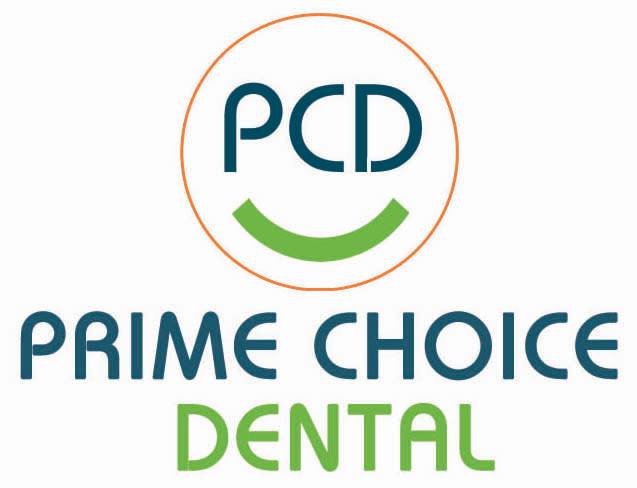
Dental term used to describe surgical removal of impacted and untreatable teeth from dental alveolus (socket) in the alveolar bone. Teeth are extracted for a variety reasons:
- There is not enough room for all the teeth in the mouth
- Decay has reached deep into the tooth
- Infection has destroyed a large portion of the tooth or surrounding bone
- You have periodontal (gum) disease
Many dentists recommend extracting impacted teeth that are only partially erupted. Bacteria can enter around a partially erupted tooth and cause an infection, which can extend into the surrounding bone and become extremely serious. Impacted teeth continue trying to break through the gum tissue even if there is not enough room to accommodate them. The continued pressure caused by this attempted eruption can eventually damage the roots of nearby teeth. Removing a tooth that is impacted can often prevent infection, damage to adjacent teeth and bone, and save pain in the years to come.
Wisdom teeth extraction: Leave them in? Take them out? What’s the deal with wisdom teeth?
If we had a choice, it would have been better to never have them, along with our appendix and tonsils. They are just outdated body parts that sometimes play nice, and sometimes decide to throw a huge hissy fit and bring you to your knees in pain. Sometimes they do not even hurt, but they are just messing up the party for the rest of your mouth by shoving everyone around! So rude!
Here at Prime Choice Dental, we will let you know if your wisdom teeth look well-behaved. Sometimes we do not even need to tell you because we get patients coming in begging us to take them out.
Impacted wisdom teeth are the worst since they usually come in crooked or buried deep in the bone. Aside from horrible pain, they can sometimes turn into a bad infection, they can cause cavities or bone loss on the teeth around them, or maybe even cause your front teeth to start moving! Most often it is best to have our oral surgeon remove them under sedation.
